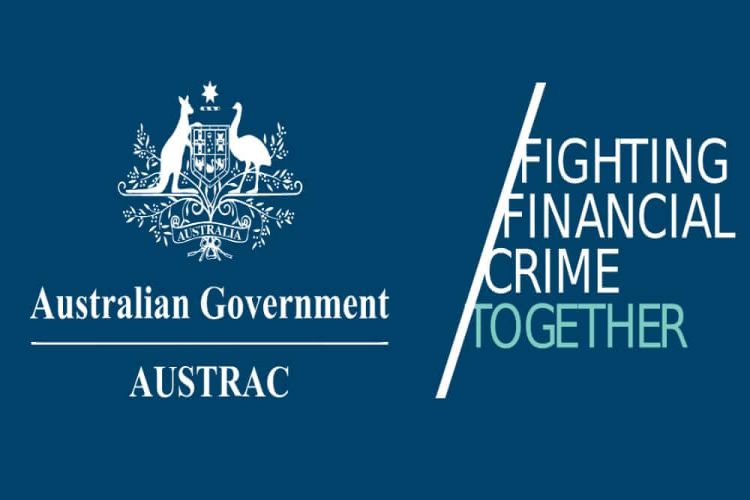 The AUSTRAC is Australia’s intelligence unit that is prominent in the country’s financial sector. As such, the AUSTRAC reporting has been fundamental in keeping all malicious activities at bay by helping the government deal with financial crimes like money laundering and tax evasion. Ever since its inception in 1989, various financial institutions and companies across the country have used the AUSTRAC to keep financial crimes in check, the two major types of financial crimes being money laundering and terrorism financing.
The AUSTRAC is Australia’s intelligence unit that is prominent in the country’s financial sector. As such, the AUSTRAC reporting has been fundamental in keeping all malicious activities at bay by helping the government deal with financial crimes like money laundering and tax evasion. Ever since its inception in 1989, various financial institutions and companies across the country have used the AUSTRAC to keep financial crimes in check, the two major types of financial crimes being money laundering and terrorism financing.
There are two main ACTs that institutions have to comply with to make sure that the AUSTRAC can do its services effectively, and they are:
- The Financial Transaction Reports Act: Popularly known as the FTR Act, it oversees all institutions that deal with cash transactions, enterprises that issue instant coverage services and other finance-based amenities, trustees that manage the trust funds of their parties or of independent business contractors, and independent business owners who are in the finance sector. Any cash transaction that involves more than ten thousand Australian dollars must be reported to the AUSTRAC along with any suspicious activity. The FTR Act ensures that business owners can correctly identify their customers, reducing exposure to financial fraud.
- The AML/CFT Act: Another part of the AUSTRAC reporting that companies need to deal with is the AML/CFT act. It covers various service-providing companies that deal with account deposits, exchanging currencies, giving out life insurance policies and handling loans. Like the FTR act, companies must report all transactions of over ten thousand Australian dollars within ten business days, along with any transfer of funds internationally. All suspicious activities must be reported within 24 hours from the time of noticing the anomaly. Major issues that the AML/CFT act deal with include the investigation of using a false identity to transfer or withdraw funds, reports that can be used for investigation or prosecution, companies that evade taxes, and other illegal activities that violate the laws set forward by the Commonwealth.
What Happens When Institutions Fail to Comply With the AUSTRAC?
The intelligence unit has every authority to impose strict restrictions and hefty fines on businesses and other bodies that fail to comply with the two AUSTRAC acts mentioned above:
- The federal court can issue a civil penalty order to order the institution to pay a fine to the Commonwealth for non-compliance. The amount of the fine will depend upon the severity of the activity and the commonwealth laws.
- Infringement notices are also issued by the AUSTRAC when parts of the ACTs are violated.
- The AUSTRAC can issue written notices to various institutions urging them to appoint an external auditor. The auditors are hired to gather proof if there’s a suspicion that the institution has violated the protocols of the ACTs or if there’s any instance of malpractice. Everything that the report must contain should be audited by an external auditor.
- If the institution hasn’t carried out a risk assessment procedure in a satisfactory manner, the AUSTRAC can order a reassessment.
For companies and institutions to avail of the services of the AUSTRAC, they must apply online by uploading all the necessary details and information. Meanwhile, AUSTRAC can reject the application for the following reasons:
- The business has a high risk of being involved in smuggling activities, money laundering, or activities that promote terrorism financing.
- The way the business operates is not conducive to the standards set forward by the AUSTRAC.
- The information uploaded on the website is wrong, outdated, or incomplete.
- The institution or the business has no documents to back up the data used for the application.

